This article explores the guidelines surrounding water consumption prior to a fasting blood test, addressing common questions and providing insights into best practices for accurate results.
Understanding Fasting Blood Tests
Fasting blood tests are essential diagnostic tools that require individuals to abstain from food and drink for a specified period, typically between 8 to 12 hours. These tests are conducted to assess various health parameters, including blood sugar levels, cholesterol, and other metabolic markers. Understanding the purpose and procedures of these tests is crucial for obtaining accurate results.
Why Is Fasting Important?
Fasting is vital as it helps to eliminate variables that could affect test results. When you eat or drink, your body undergoes various physiological changes that can skew the data collected. This section explains the significance of fasting in medical testing and its role in providing a clear picture of your baseline health.
Can You Drink Water While Fasting?
Many individuals wonder if water consumption is permitted during fasting. The general consensus among healthcare professionals is that drinking water is allowed and even encouraged before a fasting blood test. Staying hydrated can facilitate blood draw procedures and ensure optimal blood flow, which is beneficial for accurate test results.
The Role of Hydration
Staying hydrated is essential for overall health. Proper hydration can affect blood viscosity and the ease of blood collection. This section discusses how hydration can impact blood test results and emphasizes the importance of drinking water before testing.
How Much Water Is Acceptable?
Understanding the appropriate amount of water to drink before a fasting blood test is vital. Generally, consuming 8 to 10 ounces of water is considered safe and sufficient. This section provides guidance on how much water is acceptable, ensuring that you remain well-hydrated without risking any adverse effects on test results.
Potential Effects of Drinking Water
While water is generally permitted, it can still influence certain test results. This section examines how water intake might affect specific blood tests, particularly in the context of fasting.
Impact on Blood Glucose Levels
Drinking water before a blood glucose test may have implications for the results. Hydration can help maintain blood volume, but excessive water intake could dilute blood components, potentially leading to misleading glucose readings. This subheading explores how hydration interacts with glucose measurements and the importance of moderation.
Influence on Lipid Profiles
Lipid panels are sensitive to fasting conditions. While water does not contain calories or carbohydrates, excessive hydration could still impact the concentration of lipids in the blood. This section discusses how water consumption can affect lipid profile results during fasting blood tests, emphasizing the need for a balanced approach to hydration.
What to Avoid Before a Fasting Blood Test
- Avoid all food and beverages except water.
- Steer clear of alcohol, as it can affect liver function and test results.
- Limit strenuous exercise, which may alter metabolic readings.
Best Practices for Preparing for a Fasting Blood Test
Preparation is key to obtaining accurate test results. This section provides practical tips on how to prepare effectively for a fasting blood test.
Timing Your Last Meal
Knowing when to have your last meal is crucial. It is generally recommended to finish eating at least 8 hours before the test. This section discusses recommendations for meal timing before a fasting blood test, helping you to optimize your preparation.
Consulting with Healthcare Providers
Always consult with your healthcare provider for personalized advice. They can provide specific instructions based on the type of tests you are undergoing and your individual health circumstances. This subheading emphasizes the importance of professional guidance in preparation for blood tests.
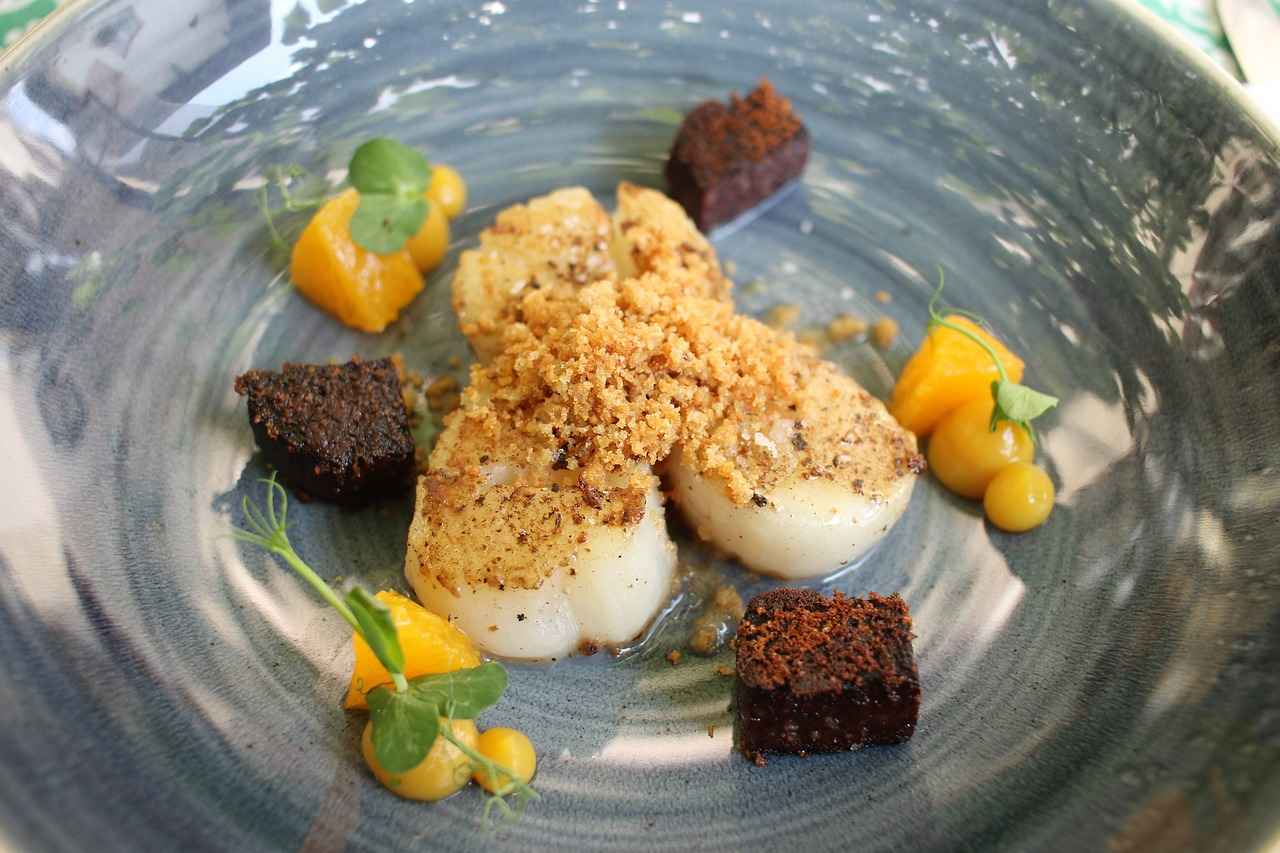
Understanding Fasting Blood Tests
is essential for anyone preparing for medical evaluations. These tests require individuals to refrain from consuming food and beverages for a specified period, typically ranging from 8 to 12 hours. The primary goal of fasting is to ensure that the test results accurately reflect the individual’s baseline health status without interference from recent dietary intake.
Fasting blood tests are commonly used to assess various health markers, including glucose levels, cholesterol levels, and other metabolic indicators. By eliminating food and drink, healthcare providers can obtain clearer insights into how the body functions in a fasting state, free from the immediate effects of digestion.
During the fasting period, it is crucial to understand what is allowed and what should be avoided. Many individuals wonder whether they can drink water before a fasting blood test. Hydration plays a vital role in overall health and can influence test outcomes. Generally, drinking water is permitted and encouraged, as it helps maintain hydration and can facilitate the blood draw process.
Why is fasting important? Fasting helps to eliminate variables that could skew the test results. For instance, consuming food can lead to temporary spikes in blood sugar or lipid levels, which may not accurately represent a person’s usual health condition. Understanding the significance of fasting is crucial for both patients and healthcare providers to ensure reliable test outcomes.
In terms of hydration, individuals should aim to drink a moderate amount of water before their tests. Staying hydrated can make veins more prominent, making blood draws easier for healthcare professionals. However, it is essential to avoid excessive water intake, as this may lead to dilution of blood components, potentially impacting specific test results.
What to avoid before a fasting blood test extends beyond food and drink. It is advisable to steer clear of caffeinated beverages, alcohol, and sugary drinks, as these can interfere with the accuracy of the results. Additionally, certain medications and supplements may also affect test outcomes, so it’s crucial to consult with a healthcare provider regarding any medications you are taking.
Best practices for preparing for a fasting blood test include planning your last meal wisely. Aim to consume a balanced meal that is low in sugar and high in fiber the night before your test. This can help stabilize your blood sugar levels and provide a more accurate reflection of your baseline health. Furthermore, always consult with your healthcare provider for personalized advice tailored to your specific health needs.
In summary, understanding fasting blood tests is fundamental for anyone undergoing these evaluations. Proper preparation, including knowing what to avoid and the role of hydration, can significantly impact the accuracy of test results. By adhering to these guidelines, individuals can ensure that their blood tests provide valuable insights into their health and aid in effective medical decision-making.
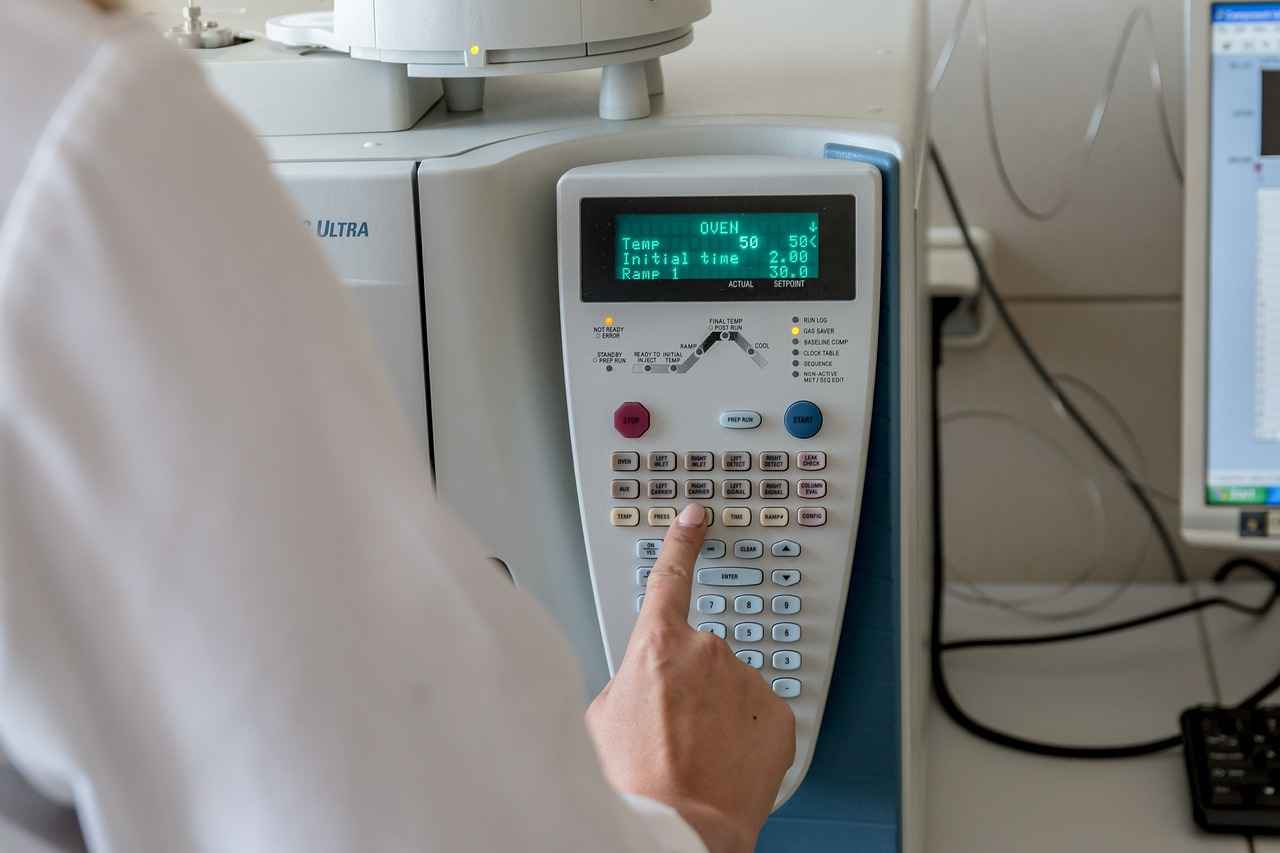
Why Is Fasting Important?
Fasting plays a critical role in medical testing, particularly for blood tests. It is essential for individuals to understand the importance of fasting as it directly impacts the accuracy and reliability of test results. By abstaining from food and certain beverages, patients can help ensure that the data collected accurately reflects their baseline health status.
When a patient fasts, they eliminate various variables that could potentially skew test results. For instance, consuming food can lead to fluctuations in blood glucose levels, affecting the results of tests designed to measure metabolic health. Similarly, eating can alter lipid levels, which are crucial for assessing cardiovascular health. Fasting establishes a controlled environment, allowing healthcare providers to obtain a clearer picture of a patient’s health.
Moreover, fasting before a blood test helps to minimize the impact of external factors on biomarkers. These factors can include the type of food consumed, the time of day, and even hydration levels. By adhering to fasting protocols, patients contribute to the integrity of the test results, leading to more accurate diagnoses and treatment plans.
In addition to ensuring accurate results, fasting can also help healthcare providers identify underlying health conditions that may not be apparent without these baseline measurements. For example, a fasting blood glucose test is essential for diagnosing diabetes, while fasting lipid panels are critical for evaluating cholesterol levels and assessing cardiovascular risk.
Furthermore, fasting periods can vary depending on the type of test being conducted. Typically, patients are advised to fast for 8 to 12 hours prior to their blood draw. This timeframe allows enough time for the body to process any food and return to a baseline state. It is important for individuals to follow these guidelines to ensure that their test results are valid and reliable.
In summary, fasting is a vital component of medical testing that aids in eliminating variables that could compromise test results. By understanding the significance of fasting, patients can better prepare for their blood tests, leading to more accurate assessments of their health. This preparation not only enhances the quality of the data collected but also supports healthcare providers in delivering effective and personalized care.

Can You Drink Water While Fasting?
Fasting blood tests are essential for evaluating various health parameters, and many individuals find themselves questioning whether they can consume water during this fasting period. This article aims to clarify the guidelines regarding water intake before a fasting blood test, providing crucial insights for those preparing for such tests.
Fasting blood tests typically require individuals to refrain from consuming any food or drink for a specific duration, often ranging from 8 to 12 hours. The primary purpose of fasting is to ensure that test results accurately reflect the body’s baseline state, free from the influences of recent meals or beverages.
The Importance of Hydration
Staying hydrated is vital for overall health, and it plays a significant role in the accuracy of blood tests. While many healthcare professionals recommend drinking water before a fasting blood test, it is essential to understand how hydration can affect the results.
Water consumption helps maintain blood volume and can facilitate easier blood draws, making the process smoother for both the patient and the healthcare provider. However, excessive water intake may dilute certain blood components, potentially skewing results.
How Much Water Is Acceptable?
In general, drinking a moderate amount of water—typically around 8 ounces—is considered safe before a fasting blood test. It is advisable to avoid any flavored or sweetened beverages, as these can introduce variables that affect test accuracy.
Potential Effects of Drinking Water
While hydration is generally encouraged, it is crucial to recognize that water can influence specific test results. For instance, drinking water before a blood glucose test may alter glucose measurements, as the body reacts to hydration levels differently.
Impact on Blood Glucose Levels
When preparing for a blood glucose test, drinking water can help maintain hydration but may also lead to misleading results. It is essential to consult with your healthcare provider to understand how your specific test may be affected by water intake.
Influence on Lipid Profiles
Lipid panels are particularly sensitive to fasting conditions. Drinking water before these tests is generally acceptable; however, it is crucial to follow your healthcare provider’s recommendations to ensure accurate results.
What to Avoid Before a Fasting Blood Test
- Food: All food should be avoided during the fasting period.
- Non-water Beverages: Avoid juices, coffee, tea, and alcoholic beverages.
- Chewing Gum: This can stimulate digestive processes and affect test outcomes.
Best Practices for Preparing for a Fasting Blood Test
Preparation is key to obtaining accurate test results. Here are some practical tips:
- Timing Your Last Meal: Aim to have your last meal approximately 8 to 12 hours before the test.
- Consulting with Healthcare Providers: Always seek personalized advice from your healthcare provider regarding fasting and water intake.
In summary, while it is generally acceptable to drink water before a fasting blood test, moderation is key. Understanding the implications of hydration on test results is essential for accurate health assessments. Always consult with your healthcare provider for tailored advice to ensure the best outcomes.
The Role of Hydration
Hydration plays a critical role in maintaining overall health and well-being. It is particularly important when preparing for medical procedures such as fasting blood tests. Staying adequately hydrated can significantly influence the accuracy of test results, which is why understanding the implications of hydration before testing is essential.
When you undergo a fasting blood test, the primary goal is to obtain a clear picture of your baseline health. This means that any variable, including hydration levels, should be carefully controlled. Dehydration can lead to concentrated blood samples, which may skew results, particularly for tests measuring glucose and electrolytes. Therefore, drinking water prior to a fasting blood test is generally encouraged.
However, the amount of water consumed can vary based on individual needs and specific test requirements. While it is advisable to drink water, excessive intake can dilute certain components in the blood, potentially leading to inaccurate results. Thus, moderation is key. Most healthcare professionals recommend drinking a reasonable amount of water, typically around 8 to 16 ounces, in the hours leading up to the test.
Another important aspect to consider is the timing of water consumption. Ideally, you should drink water within a few hours before your test to ensure that your body is well-hydrated. This timing helps to balance your hydration levels without overwhelming your system.
It’s also crucial to understand how hydration interacts with specific blood tests. For instance, blood glucose levels can be affected by hydration status. Drinking water can help maintain normal glucose levels, as dehydration may lead to elevated readings. Similarly, lipid profiles, which measure cholesterol and triglycerides, can also be influenced by hydration. Dehydration can cause an increase in the concentration of lipids, potentially leading to misleading results.
In addition to the quantity and timing of water intake, it’s essential to avoid other beverages such as coffee, tea, or juices before a fasting blood test. These drinks can introduce variables that may interfere with the accuracy of the test results.
To summarize, staying hydrated is vital for accurate blood test results. Drinking an appropriate amount of water before a fasting blood test can help ensure that your results reflect your true health status. Always consult with your healthcare provider for personalized recommendations regarding hydration and fasting protocols. They can provide guidance tailored to your specific health needs and the tests you will undergo.
In conclusion, understanding the role of hydration in the context of fasting blood tests can help you prepare effectively, leading to more reliable and meaningful results. By following best practices for hydration, you can contribute to a smoother testing experience and better overall health outcomes.
How Much Water Is Acceptable?
When preparing for a fasting blood test, understanding how much water is acceptable to drink is crucial for ensuring accurate results. While fasting typically requires abstaining from food and drink, hydration plays a significant role in the testing process. This section will provide clear guidelines on water consumption before your test.
Generally, it is advised that individuals can safely drink 8 to 10 ounces of water before a fasting blood test. This amount is typically sufficient to keep you hydrated without interfering with the results of the test. However, it is essential to note that excessive water intake should be avoided, as it may dilute your blood sample and potentially skew the results.
Water is a vital component for maintaining overall health, and staying hydrated can help facilitate the blood draw process. Dehydration can lead to difficulties in locating veins and may cause discomfort during the blood draw. Therefore, drinking an appropriate amount of water is beneficial not only for your health but also for the efficiency of the testing procedure.
- Hydration Guidelines:
- Drink 8 to 10 ounces of water before the test.
- Avoid any beverages that contain calories, sugar, or caffeine.
- Consult with your healthcare provider for personalized advice.
It’s important to consider the type of blood test you are undergoing. For example, tests that measure blood glucose levels may have specific requirements regarding water intake. While water is typically permitted, it is advisable to follow your healthcare provider’s instructions closely to ensure the most accurate results.
Additionally, certain tests, such as lipid panels, may be more sensitive to fasting conditions. In these cases, even small amounts of water could potentially affect the results. Therefore, it is always best to clarify with your healthcare provider what is acceptable for your specific situation.
In summary, while staying hydrated is important, moderation is key. Drinking a moderate amount of water before your fasting blood test can help maintain your comfort and health without compromising the accuracy of the results. Always prioritize communication with your healthcare provider to ensure you are following the best practices for your individual needs.
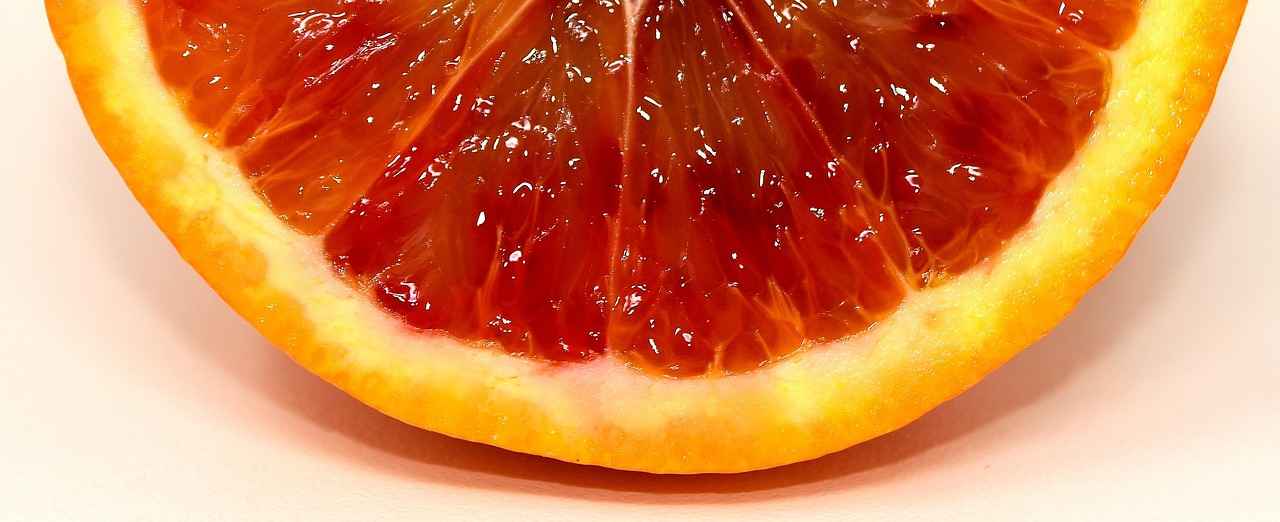
Potential Effects of Drinking Water
When preparing for a fasting blood test, many individuals are often concerned about the implications of drinking water. While water is typically allowed during the fasting period, it is essential to understand how it can influence certain test results. This section delves into the potential effects of drinking water before undergoing various blood tests, ensuring you are well-informed for your upcoming appointment.
Water plays a crucial role in maintaining hydration and overall health. However, it is important to recognize that even though water is generally permitted, it can still have an impact on specific blood tests. For instance, hydration levels can affect the viscosity of blood and potentially influence the accuracy of certain measurements.
Drinking water before a blood glucose test can be a double-edged sword. While staying hydrated is important, excessive water intake may dilute the blood glucose concentration, leading to misleading results. It is recommended to consume a moderate amount of water to ensure your body is hydrated without significantly altering glucose levels.
Lipid panels, which measure cholesterol and triglycerides, are particularly sensitive to fasting conditions. Drinking water can help maintain hydration, but it is crucial to avoid excessive amounts. Too much water may cause a dilution effect, potentially skewing the lipid profile results. Therefore, it is advisable to stick to a reasonable intake of water prior to the test.
Different blood tests may react differently to water consumption. For example, tests measuring electrolyte levels can be influenced by hydration status. Adequate hydration can help ensure that electrolyte levels are within a normal range, but overhydration can lead to false results. It is essential to follow your healthcare provider’s advice regarding water intake before any specific blood tests.
- Consult Your Doctor: Always check with your healthcare provider about the appropriate amount of water to drink before your test.
- Moderate Intake: Aim for a moderate amount of water, typically around 8 ounces, to stay hydrated without affecting test results.
- Avoid Sugary Drinks: Stick to plain water and avoid any beverages containing sugar, caffeine, or artificial sweeteners.
In summary, while water is generally allowed during fasting for blood tests, it is essential to be mindful of the quantity consumed. Staying adequately hydrated is important, but moderation is key to ensuring accurate test results. Always consult with your healthcare provider for tailored advice regarding water intake before your fasting blood test.
Impact on Blood Glucose Levels
When preparing for a blood glucose test, many individuals are curious about the impact of hydration on their results. Drinking water before a fasting blood glucose test can indeed have implications for the accuracy of the measurements. This section delves into how hydration interacts with glucose levels and what you should consider before your test.
First and foremost, it is essential to understand that fasting blood glucose tests are designed to measure the body’s baseline glucose levels. This is typically done after an overnight fast, where no food or caloric beverages are consumed. However, water is generally considered acceptable and may even be beneficial. Staying hydrated can help improve blood flow, making it easier for technicians to draw blood and potentially leading to more accurate results.
One of the key factors to consider is how water consumption affects the concentration of glucose in the bloodstream. When you drink water, it can dilute the blood, which might temporarily lower glucose readings. This dilution effect may lead to a false sense of hypoglycemia if the test is conducted shortly after drinking a significant amount of water. Therefore, it is advisable to limit water intake to a moderate amount before the test.
Additionally, the timing of water consumption plays a crucial role. Drinking water too close to the time of the blood draw could alter the results, particularly if the test is aimed at measuring fasting glucose levels. Experts recommend drinking water at least 30 minutes to an hour before the test to allow your body to stabilize. This timing helps ensure that the water does not interfere with the glucose measurement.
Moreover, the quantity of water consumed is also important. While staying hydrated is vital, excessive water intake may lead to dilutional effects that could skew the results. As a general guideline, a glass of water (approximately 8 ounces) is typically sufficient to maintain hydration without significantly impacting glucose levels.
It is also worth noting that individual responses to hydration can vary. Factors such as body weight, metabolic rate, and overall health can influence how your body processes water and glucose. Therefore, it is wise to consult with your healthcare provider regarding your specific situation, especially if you have underlying health conditions such as diabetes.
In summary, while drinking water before a fasting blood glucose test is generally acceptable and can aid in the blood draw process, moderation and timing are key. Aim for a small amount of water, and try to drink it well in advance of your test to ensure the most accurate results. By understanding the impact of hydration on blood glucose levels, you can better prepare for your test and contribute to obtaining reliable health information.
Influence on Lipid Profiles
Lipid panels are crucial diagnostic tools used to assess cholesterol levels and overall heart health. The accuracy of these tests can be significantly influenced by fasting conditions, including water consumption. While it is widely accepted that water intake is permissible before a fasting blood test, understanding its implications on lipid profiles is essential for obtaining reliable results.
When undergoing a lipid panel test, patients are typically advised to fast for at least 9 to 12 hours. This fasting period is designed to eliminate any dietary influences that could skew the results. However, the question remains: does drinking water affect lipid profile results?
In general, drinking water does not have a direct impact on lipid levels. Water is calorie-free and does not contain any sugars or fats that might interfere with the test. However, hydration status can influence blood viscosity, which may indirectly affect the measurement of lipid levels. Dehydration can lead to thicker blood, potentially resulting in artificially elevated lipid concentrations. Therefore, staying adequately hydrated before a fasting blood test is advisable.
Additionally, the timing and amount of water consumed can play a role in test accuracy. It is recommended to drink a moderate amount of water prior to the test, as excessive intake could lead to dilutional effects, although this is less common. The key is to maintain a balance that ensures hydration without overwhelming the body.
Furthermore, the influence of hydration on lipid profiles can vary among individuals. Factors such as age, health status, and even medications can affect how hydration interacts with lipid measurements. For example, individuals with certain medical conditions may need to monitor their water intake more closely to avoid skewed results.
To summarize, while drinking water is generally allowed and even encouraged before a fasting blood test, it is essential to approach hydration thoughtfully. Aiming for a moderate intake can help ensure that lipid profile results are as accurate as possible. Always consult with a healthcare provider for personalized recommendations regarding hydration and fasting protocols to achieve the best outcomes for your lipid panel tests.
- Hydration is important: Maintain adequate fluid intake to avoid dehydration.
- Moderate water consumption: Drink enough water but avoid excessive amounts right before the test.
- Consult with professionals: Always seek advice from healthcare providers regarding fasting and hydration.
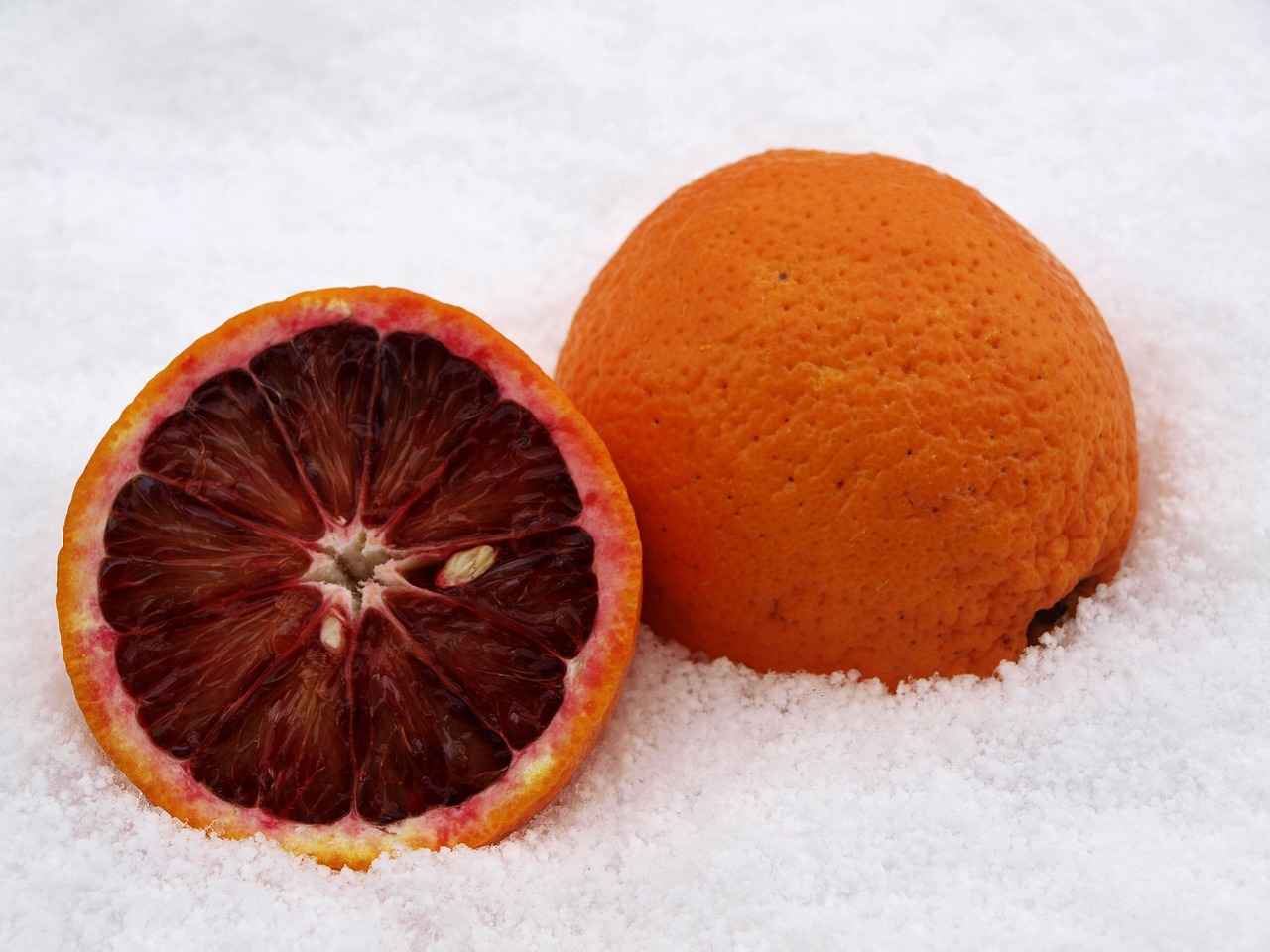
What to Avoid Before a Fasting Blood Test
Preparing for a fasting blood test is essential for obtaining accurate results. While many people are aware of the need to abstain from food, it is equally important to consider beverages and other substances that may interfere with test outcomes. This section outlines what to avoid before a fasting blood test to ensure reliable results.
Before undergoing a fasting blood test, individuals should be mindful of their beverage consumption. Certain drinks can alter blood chemistry and lead to inaccurate readings. Here are some common beverages to avoid:
- Alcohol: Consuming alcohol can significantly affect liver enzymes and glucose levels, leading to misleading results.
- Caffeinated Drinks: Both coffee and tea can influence metabolic rates and may alter test results, especially for glucose and lipid panels.
- Fruit Juices: Even natural juices contain sugars that can spike blood glucose levels, which is particularly concerning for diabetes-related tests.
- Soda and Sugary Drinks: These beverages are high in sugar and can lead to elevated blood glucose levels, skewing the test results.
Aside from beverages, certain substances can also impact the accuracy of blood tests:
- Medications: Some over-the-counter and prescription medications can interfere with test results. Always consult your healthcare provider regarding any medications you are taking.
- Supplements: Vitamins and herbal supplements can also affect blood test outcomes. It’s advisable to refrain from taking these before your test.
- Cigarettes: Smoking can alter various blood parameters, including cholesterol and glucose levels, making it essential to avoid smoking prior to testing.
Abstaining from specific beverages and substances is crucial because these can introduce variables that may lead to misinterpretation of results. For instance, hydration levels can affect blood viscosity and concentration, which is why water is generally allowed but should be consumed in moderation. However, anything beyond plain water can skew the results.
To ensure the most accurate results from your fasting blood test, consider the following best practices:
- Follow Fasting Guidelines: Typically, fasting means no food or drink for 8-12 hours before the test. Adhere strictly to these guidelines.
- Consult Your Doctor: Always discuss your specific situation with your healthcare provider, especially if you take medications or have underlying health conditions.
- Document Your Intake: Keep a record of what you consume in the hours leading up to your test. This information can be valuable for your healthcare provider.
By being aware of what to avoid before a fasting blood test, you can help ensure that your results are as accurate as possible. This preparation not only aids in effective diagnosis but also contributes to better management of your health.
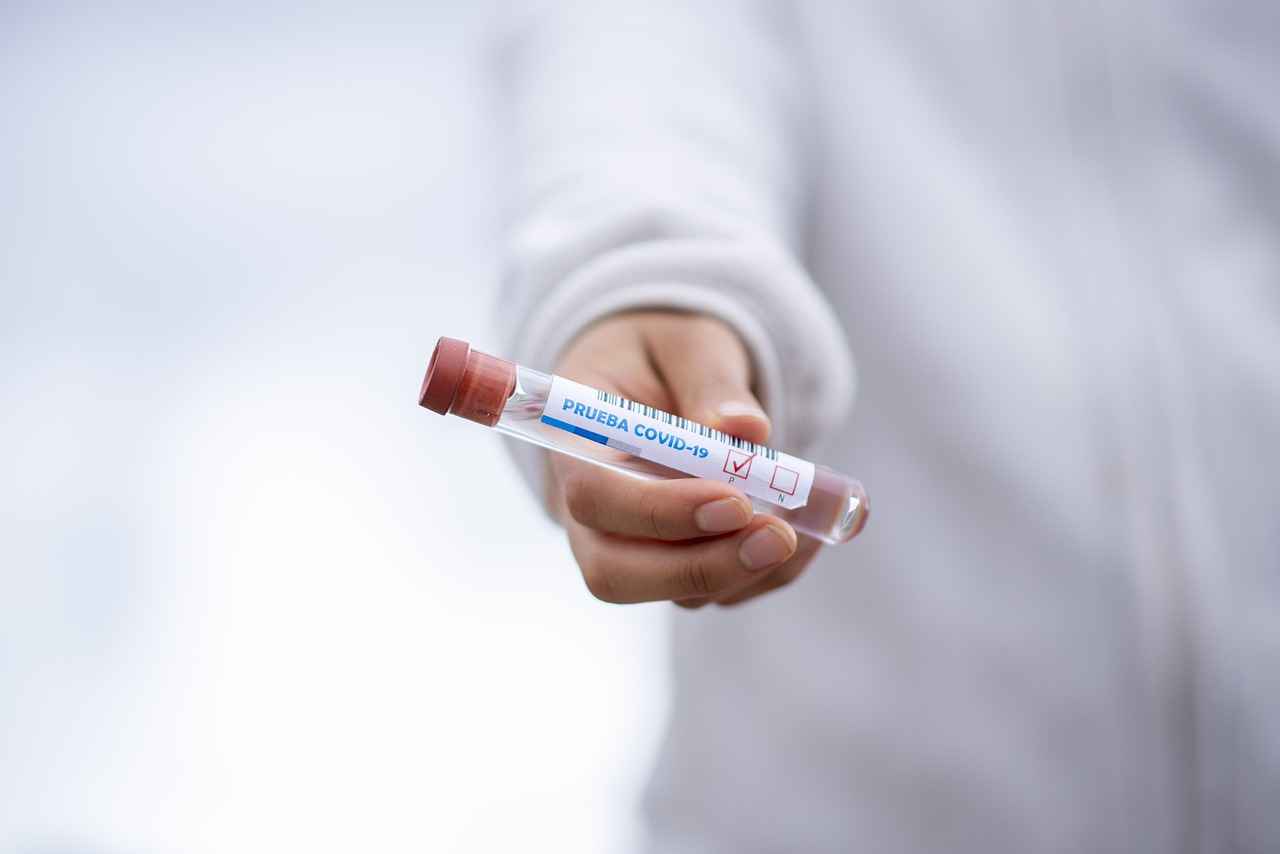
Best Practices for Preparing for a Fasting Blood Test
Preparation is essential when it comes to obtaining accurate results from a fasting blood test. Proper preparation not only ensures that your test results reflect your true health status but also minimizes the chances of having to repeat the test due to invalid results. Here are some practical tips on how to prepare effectively for a fasting blood test.
- Follow Your Doctor’s Instructions: Always adhere to the specific guidelines provided by your healthcare provider. They may have tailored instructions based on your health condition and the type of tests being performed.
- Timing Your Last Meal: It’s generally recommended to fast for at least 8 to 12 hours before the test. Consider scheduling your appointment early in the morning, which allows you to fast overnight and minimize discomfort.
- Stay Hydrated: While fasting means abstaining from food, you can usually drink water. Staying hydrated can make it easier for the technician to draw your blood and can help prevent dehydration, which can affect test outcomes.
- Avoid Alcohol and Caffeine: These substances can interfere with various test results. It’s best to avoid them for at least 24 hours prior to your test. Alcohol can affect liver function tests, while caffeine can influence glucose and lipid levels.
- Limit Physical Activity: Strenuous exercise can temporarily alter certain blood test results. It’s advisable to engage in light activities and avoid heavy workouts the day before your test.
- Inform Your Healthcare Provider: If you are taking any medications or supplements, inform your healthcare provider. Some medications may need to be paused before testing, as they can impact results.
- Prepare Mentally and Physically: Fasting can be challenging for some individuals. Prepare yourself mentally by knowing what to expect. Bring a book or listen to music while you wait to help pass the time.
In conclusion, effective preparation for a fasting blood test involves a combination of adhering to medical advice, managing your diet and hydration, and ensuring your body is in the best possible state for accurate results. By following these best practices, you can contribute to the reliability of your test outcomes and gain valuable insights into your health.
Timing Your Last Meal
When preparing for a fasting blood test, understanding the timing of your last meal is essential. The recommendations for meal timing can significantly impact the accuracy of your test results. This section aims to clarify when you should have your last meal before undergoing a fasting blood test.
Generally, fasting blood tests require individuals to abstain from food for at least 8 to 12 hours prior to the test. However, the precise timing of your last meal can vary based on the specific tests being conducted. For example, if you are scheduled for a blood glucose test, it’s crucial to adhere strictly to the fasting guidelines to ensure accurate readings.
- 8-Hour Fast: For tests that require an 8-hour fast, aim to finish your last meal by 8 PM if your test is scheduled for 8 AM the following day.
- 12-Hour Fast: If your healthcare provider recommends a 12-hour fasting period, it’s advisable to have your last meal by 7 PM for an 7 AM appointment.
It’s also important to consider the content of your last meal. A balanced meal that includes proteins, healthy fats, and complex carbohydrates can help stabilize your blood sugar levels during the fasting period. Avoid heavy or greasy foods, as they may cause discomfort and could potentially skew test results.
In addition to the timing, pay attention to the hydration status. While it is generally acceptable to drink water during the fasting period, it’s wise to limit other beverages. Avoid drinks that contain sugar, caffeine, or alcohol, as these can interfere with the test results.
For those who may have difficulty adhering to the fasting guidelines, consider consulting your healthcare provider for personalized recommendations. They can provide insights on how to manage your meal timing effectively and what specific tests require stricter fasting protocols.
In summary, knowing when to have your last meal before a fasting blood test is crucial for obtaining accurate results. By adhering to the recommended fasting times and being mindful of your meal choices, you can ensure that your test reflects your true health status. Always prioritize communication with your healthcare provider to tailor these guidelines to your individual needs.
Consulting with Healthcare Providers
When it comes to preparing for a fasting blood test, consulting with your healthcare provider is an essential step that should not be overlooked. This process is crucial for ensuring that you receive personalized advice tailored to your individual health needs and circumstances. Healthcare providers possess the expertise to guide you through the necessary preparations, helping you to understand what to expect during the testing process.
Fasting blood tests are designed to measure various health markers, and the accuracy of these tests can significantly impact your diagnosis and treatment plan. Therefore, it is vital to seek professional guidance to ensure that you are adequately prepared. Your healthcare provider can clarify any uncertainties regarding the fasting period, including how long you should refrain from eating or drinking, and whether or not you can consume water.
In addition to fasting instructions, your healthcare provider can offer insights into any medications you may be taking that could affect your test results. For instance, certain medications may need to be paused or adjusted before testing. Engaging in a conversation with your healthcare provider about your current health status, medications, and any underlying conditions can provide a clearer picture of how to prepare for the test effectively.
Moreover, your healthcare provider can help you understand the specific reasons for the blood test. Different tests may require different preparations, and knowing what to expect can alleviate any anxiety you may have about the process. They can also inform you about the significance of the results and how they will be used in your ongoing healthcare.
Another important aspect of consulting with your healthcare provider is discussing any pre-existing conditions or lifestyle factors that may influence your test results. For example, if you have diabetes, your provider can give you tailored advice on managing your blood sugar levels leading up to the test. This personalized approach ensures that the results are as accurate as possible, reflecting your true health status.
In conclusion, always prioritize consulting with your healthcare provider before a fasting blood test. Their professional guidance is invaluable in helping you navigate the preparation process, ensuring that you are well-informed and ready for your test. Taking these steps not only enhances the accuracy of your results but also contributes to a more comprehensive understanding of your health.
Frequently Asked Questions
- Can I drink water before a fasting blood test?
Yes, you can drink water before a fasting blood test. Staying hydrated is important, and water does not affect most test results. Just be sure to avoid any beverages with calories or added sugars!
- How much water is safe to drink before the test?
A general guideline is to drink a moderate amount of water, around 8-12 ounces, before your test. This helps keep you hydrated without overwhelming your system.
- Will drinking water affect my blood glucose levels?
Drinking water is unlikely to significantly impact your blood glucose levels. However, it’s best to follow your healthcare provider’s instructions regarding hydration prior to the test.
- What should I avoid before a fasting blood test?
Avoid food, sugary drinks, and alcohol before your test. Stick to plain water to ensure the most accurate results.
- Is it necessary to fast before all blood tests?
No, not all blood tests require fasting. Always check with your healthcare provider to understand the specific requirements for your test.












